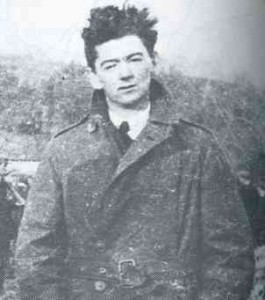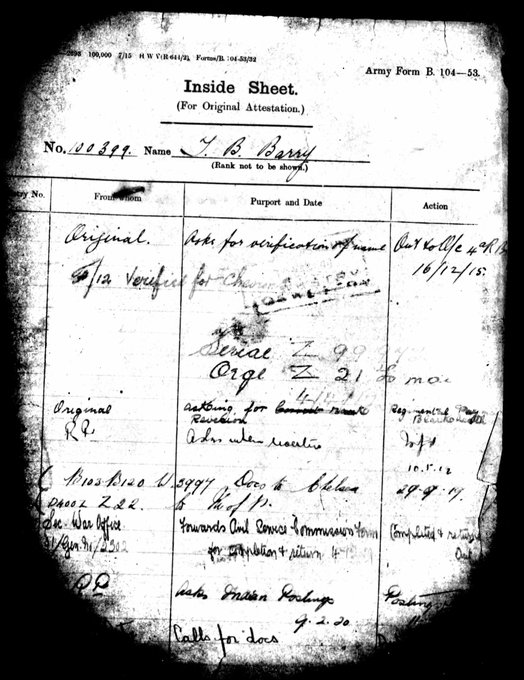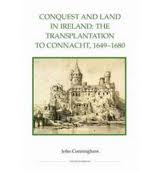
Delighted to announce this. Taking place next Tues, Dec 7 at 7 pm. Register here: bit.ly/33haBxY
https://twitter.com/NewIslandBooks/status/1331926870246436865
Also check out @EamonDelaney10 's review: THERE will be many books on the Irish independence movement in the run-up to the 1916 centenary, and beyond, but it would be hard to do better than this as a succinct and clear assessment of those years. independent.ie/entertainment/…
And see also, the original introduction for the book here; ‘Peace After the Final Battle’, The Story of the Irish Revolution, by John Dorney
theirishstory.com/2014/03/25/jus…
theirishstory.com/2014/03/25/jus…
You can pick up a copy of the second, revised edition, with a new preface, from New Island Books here newisland.ie/nonfiction/pea…
@irelandbattles @IrishHistoryPod @fallon_donal @irishhistory @barry_shep any chance of a RT folks? Much appreciated!
Sorry Dec 1 not 7!!
• • •
Missing some Tweet in this thread? You can try to
force a refresh









